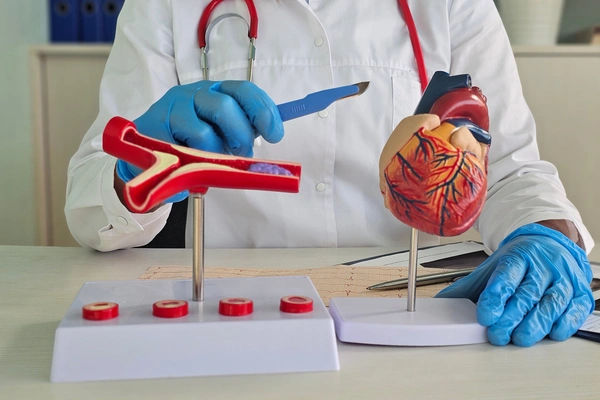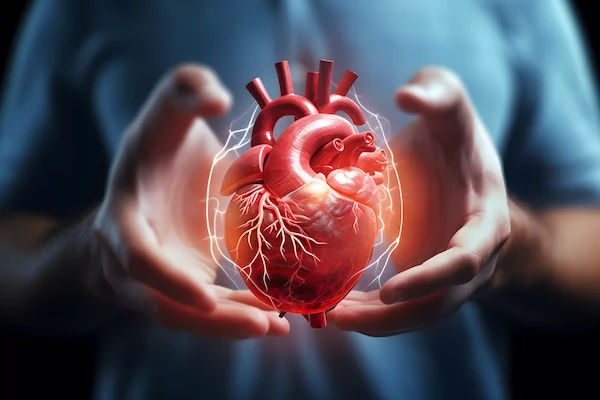- Female
- 35 Years
- 29/01/2025
I've been having some discomfort in my left arm, mostly around the shoulder joint and it also reaches down to my wrist. It's not super intense, but the pain is noticeable. Occasionally, I also experience a chest pain on the left side that comes and goes, but it usually feels better after I burp a few times. Does anyone know if this could be a heart issue, just gastric pain, or maybe something else? I did get a general health check-up last year, including heart tests like ECG, chest X-ray, and treadmill test, and everything was normal back then. Any thoughts on what this might be?
Answered by 1 Apollo Doctors
Immediate Actions*
- Schedule a doctor's appointment: Book an appointment with your primary care physician or a hematologist (blood specialist) to discuss your symptoms.
- Keep a bruising journal: Document the location, size, and duration of each bruise to help your doctor identify patterns.
Potential Causes
- Bleeding disorders: Conditions like thrombocytopenia (low platelet count) or von Willebrand disease may cause easy bruising.
- Vitamin deficiencies: Lack of vitamins like C, K, or B12 can affect blood clotting and lead to bruising.
- Autoimmune disorders: Conditions like lupus or rheumatoid arthritis can cause bruising and joint pain.
- Medication side effects: Certain medications, such as blood thinners or steroids, can increase bruising.
Tests and Examinations
- Complete Blood Count (CBC): To check for bleeding disorders or vitamin deficiencies.
- Blood clotting tests: To assess your blood's ability to clot.
- Physical examination: To check for signs of autoimmune disorders or other underlying conditions.
What to Expect
- Discussion of symptoms: Share your bruising journal and discuss your symptoms with your doctor.
- Diagnostic tests: Undergo tests to determine the underlying cause of your bruising.
- Treatment plan: Based on the diagnosis, your doctor will create a treatment plan to address the underlying condition.
Dr. Ranjith Suggests...
Consult a Cardiologist
Answered 04/07/2025
0
0

More Cardiology Health Queries
View allI'm dealing with both mitral and aortic valve stenosis, plus some leakage, and I'm really hoping to avoid surgery if that's possible. Is there anything that can help me steer clear of needing valve replacement surgery?
Mitral valve stenosis and aortic valve leakage can be managed with medication to help control symptoms and slow down the progression of the condition. For mitral valve stenosis, you can take medications such as diuretics to reduce fluid buildup, beta-blockers to control heart rate, and blood thinners to prevent blood clots. For aortic valve leakage, medications like ACE inhibitors or ARBs can help reduce strain on the heart and improve symptoms. It is important to regularly monitor your condition with your healthcare provider and follow their recommendations for medication dosage and frequency.
Answered by 1 Apollo Doctors
I've been dealing with this chest pain on the right side for a little over three weeks now, and after seeing two doctors, they mentioned it might just be muscular. They had me do an ECG, which showed Sinus Bradycardia, meaning a slow heart rate. I'm getting concernedis there a chance this could be something serious?
it's not a serious
Answered by 1 Apollo Doctors
Can ECG detect heart problems?
An ECG may reveal abnormalities in heart rhythm, signs of blocked arteries or damage from a previous heart attack, or an enlarged heart.
Answered by 1 Apollo Doctors
Disclaimer: Answers on Apollo 247 are not intended to replace your doctor advice. Always seek help of a professional doctor in case of an medical emergency or ailment.





